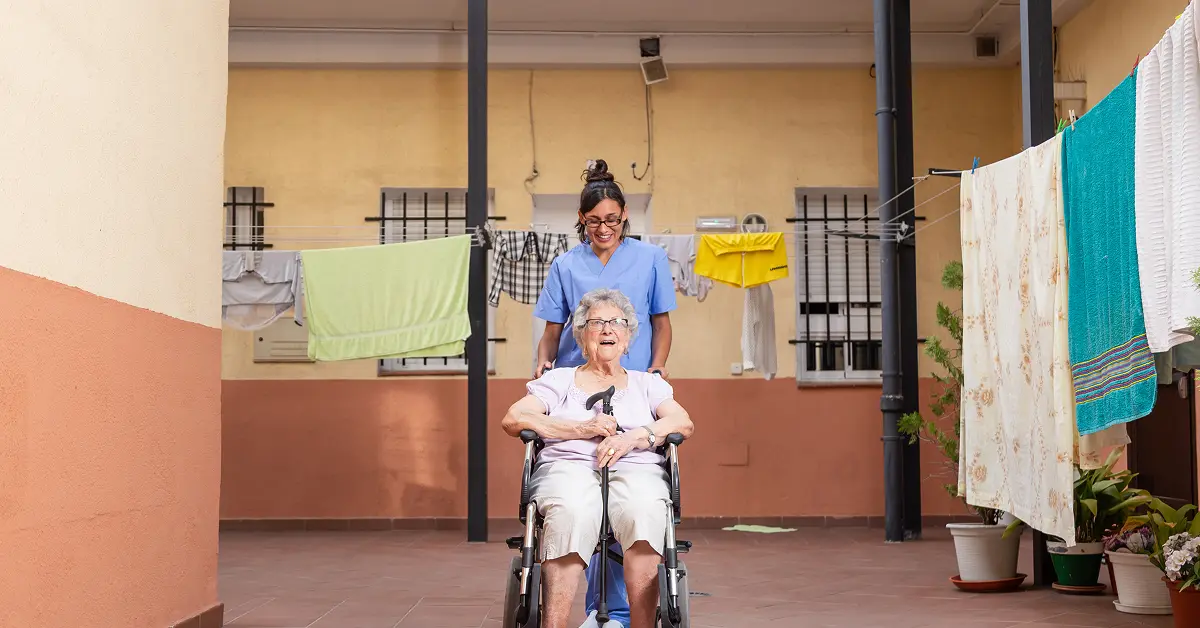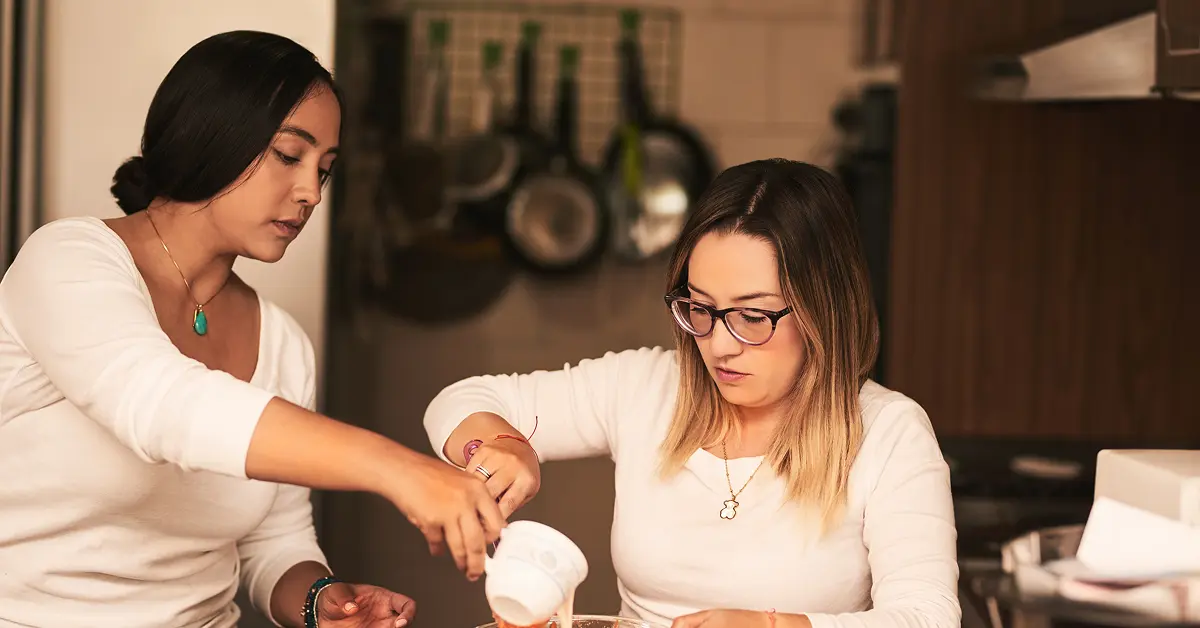As more Indian families seek home-based care for their elderly, sick, or differently-abled loved ones, the role of a caregiver has become more essential than ever. A caregiver does more than just help with routine tasks—they become a companion, a trusted helper, and a bridge between comfort and medical support. Choosing the right Best Caregiver Services at Home assistance is a critical decision that impacts the physical, emotional, and mental wellbeing of your loved one.
Why Home Caregiver Assistance is Growing in India

With urban migration, nuclear families, and increasing healthcare awareness, more people are turning to home care solutions. Elderly parents often live alone while children live in other cities or countries. In such scenarios, trained caregivers can ensure consistent support, companionship, and help with day-to-day living activities—right from hygiene and medication to emotional care.
Assess the Needs of the Care Recipient
Before beginning your search, it is essential to clearly understand the level of care your loved one requires. Ask yourself:
- Do they need help with basic activities like bathing, dressing, or feeding?
- Is there a need for medical support such as managing medications or post-surgical care?
- Would companionship and emotional support be beneficial?
The answers to these questions will help you determine whether you need a medical nurse, a trained caregiver, or a general home helper.
Qualities to Look for in a Home Caregiver
A good caregiver is not just someone with technical knowledge—they must also possess a compassionate and patient nature. Look for the following key qualities:
- Patience and empathy: Especially crucial when caring for elderly or disabled persons.
- Professional training: CPR, first-aid, or elderly care certifications are a huge advantage.
- Reliability: Being punctual, consistent, and responsible.
- Communication skills: The caregiver should be able to communicate effectively with both the patient and the family.
- Physical strength: If the role involves lifting or helping with mobility, physical strength is necessary.
Decide Between Agency vs Independent Caregiver
There are two primary sources for hiring a caregiver in India:
- Through a Caregiving Agency: This provides you with vetted, trained professionals. Reputed agencies also handle replacements and background checks.
- Hiring Independently: You may find someone through personal recommendations or local networks. However, the responsibility of background checks, contracts, and replacements lies solely with you.
If this is your first time hiring a caregiver, an agency may offer better peace of mind.
Conduct Thorough Background Checks
Trust and safety are paramount when someone is entering your home to care for a family member. Ensure that you:
- Ask for identity documents like Aadhaar or PAN card
- Verify address and personal references
- Check for past work experience and call previous employers if possible
- Run a police verification—most Indian cities now offer online verification services for domestic helpers
Interview Questions to Ask
Whether hiring via agency or independently, conduct a personal interview. Key questions may include:
- What kind of patients have you cared for before?
- How do you handle emergency medical situations?
- Are you comfortable with tasks like bathing or helping with mobility?
- Can you prepare basic meals if required?
- Are you okay with night shifts or 24/7 duties, if needed?
Set Clear Expectations and Trial Period
Once you’ve selected a caregiver, define expectations clearly:
- List daily responsibilities
- Set work hours and time off
- Clarify payment terms and bonuses
- Discuss how emergencies will be handled
It’s best to have a written agreement. Consider a trial period of one to two weeks to assess compatibility with your family member.
Monitor and Maintain Communication
Even after hiring the right caregiver, regular monitoring is crucial. Check in with your loved one and the caregiver daily or weekly. A care diary or WhatsApp updates can help you stay informed. If any concerns arise, address them immediately. Mutual respect and open communication can build a long-lasting professional relationship.
When to Change the Caregiver
If the caregiver is consistently late, neglects duties, or shows signs of disrespect or misconduct, it’s time to make a change. Do not ignore red flags such as unexplained injuries, emotional distress in your loved one, or missing belongings.
Final Thoughts
Choosing the best caregiver for home assistance is not a one-size-fits-all process. It involves understanding the needs of your loved one, ensuring professional and emotional compatibility, and maintaining open lines of communication. With the right caregiver, you can provide your loved ones with the care, dignity, and independence they deserve—right in the comfort of their own home.
In India, where family bonds are deeply valued, choosing a caregiver is both a practical and emotional decision. Do it with care, compassion, and thorough preparation.
Contents
- Why Home Caregiver Assistance is Growing in India
- Assess the Needs of the Care Recipient
- Qualities to Look for in a Home Caregiver
- Decide Between Agency vs Independent Caregiver
- Conduct Thorough Background Checks
- Interview Questions to Ask
- Set Clear Expectations and Trial Period
- Monitor and Maintain Communication
- When to Change the Caregiver
- Final Thoughts
Our 24*7 services
Latest Posts
- What Is Respite Care and Why Is It Important
- Affordable home care for senior citizens in India
- Caring for Seniors with Dementia or Alzheimer's at Home
- Senior Caregiving A Guide for Every Family
- How to Write a Caregiver Resume That Gets You Hired
- How Care After Hospital Discharge Speeds Up Recovery at Home
- How to Get Home Health Care for Seniors Through Medicare
- What Does a Senior Citizen Caregiver Really Do at Home
- How to Care for Elderly Parents with Alzheimer’s or Dementia
- How to Get 24-Hour Care for Seniors at Home



